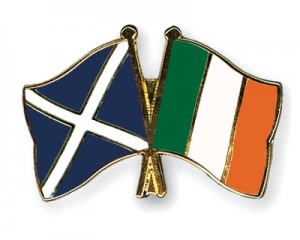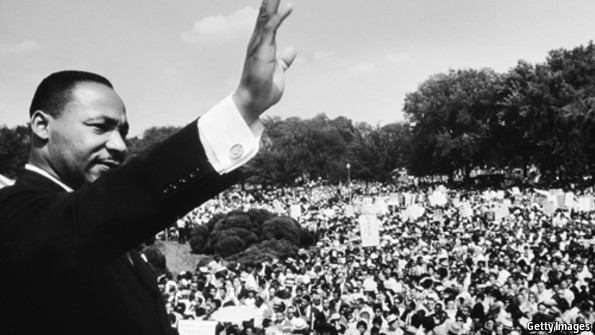Colin Kidd, the Scottish intellectual historian, has argued persuasively that the Scottish Enlightenment of the eighteenth century – commonly seen as a direct and praiseworthy outcome of the Union – did much to subvert uncomplicated patriotic readings of Scottish history. Instead it served more as the basis of an Anglo-Scots unionist historiography (which finds its contemporary resonance in the discourse of David Cameron and other members of the unionist campaign), and helping in this way to frustrate the development of the kind of historicist and cultural nationalism that became so widely accepted and influential in later nineteenth century Ireland. (Kidd 2003) Although historical rhetoric does have its place in contemporary Scottish nationalism of the ‘Yes’ campaign (contributing to both the nationalist narrative and the idea of the ‘social union’ that will survive any break-up of the constitutional union), it bears none of the centrality and forcefulness of its nineteenth and early twentieth century Irish counterpart. The rhetoric of ‘social union’ employed by the SNP is perhaps another manifestation of this. (Scotland’s Future, 29, 214)
The idea of a ‘social union’ between an independent Scotland and ‘the rest of the UK’ has become a key part of Alex Salmond’s policy and rhetoric.
Still, if independence does happen, the closest parallel, and only precedent, that results in the history of these islands, particularly with respect to the constitutional mechanics of making independence of reality (for example in areas such as the role of the Crown in Scottish government, defence arrangements, Scottish financial obligations and so forth), would be one from across the Irish Sea – the Irish Free State, the ‘semi-sovereign’ entity that resulted from the Irish War of Independence and the Anglo-Irish Treaty. The kind of friendly and reasonable, consensus-based ‘nationalism’ that wishes to preserve existing social and cultural ties while establishing political autonomy, lying at the heart of the ‘Yes’ campaign, also owes much to the ideas that made possible and are expressed in the Good Friday Agreement that brought an end to the Northern Irish ‘Troubles’. How Scottish independence would affect affairs in Northern Ireland is a whole other knotty area for speculation. If only for these reasons, those with an eye on Scotland this year ought to keep an eye on Ireland’s past as well, and if necessary dust off their Irish history books.




